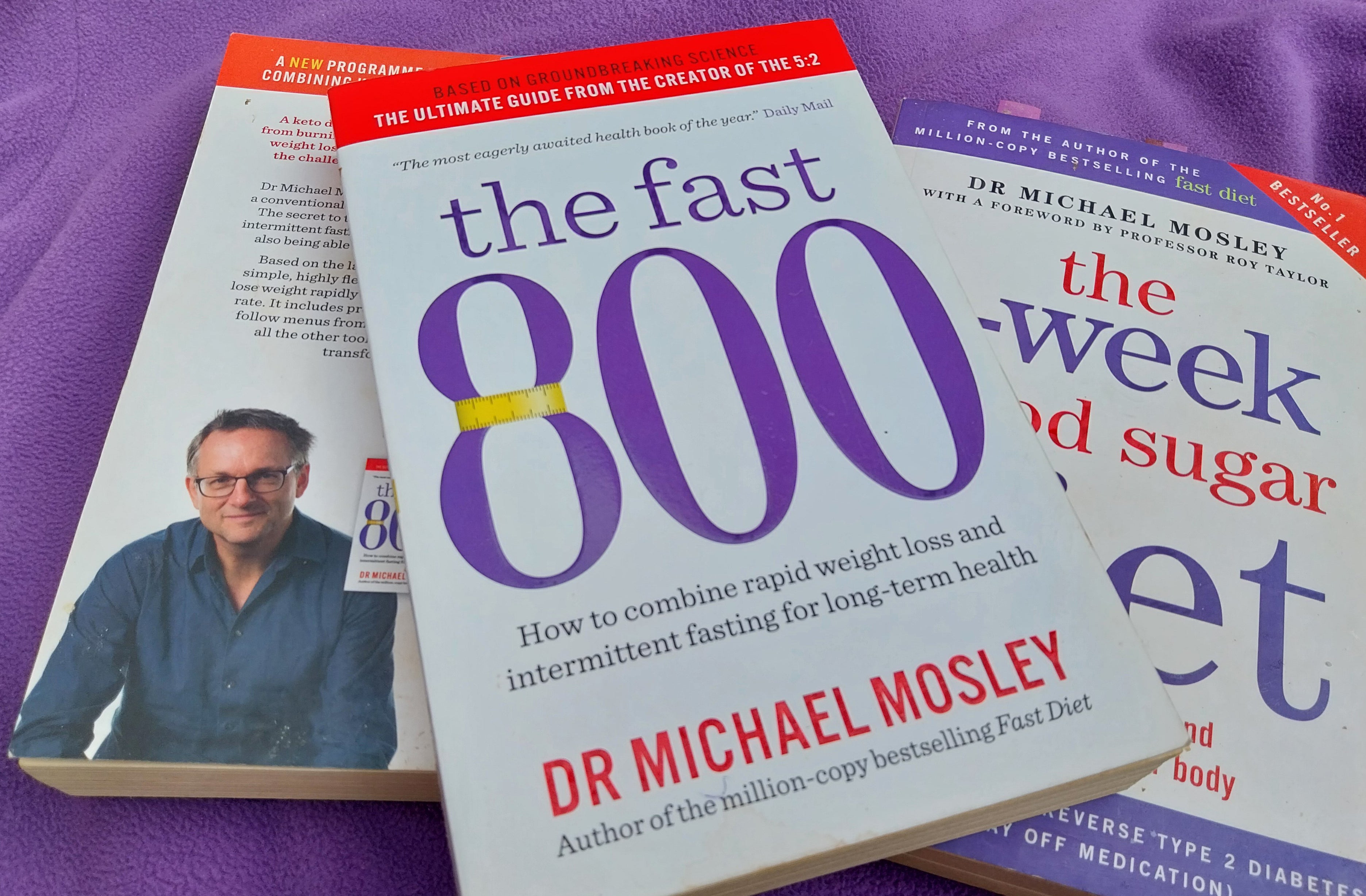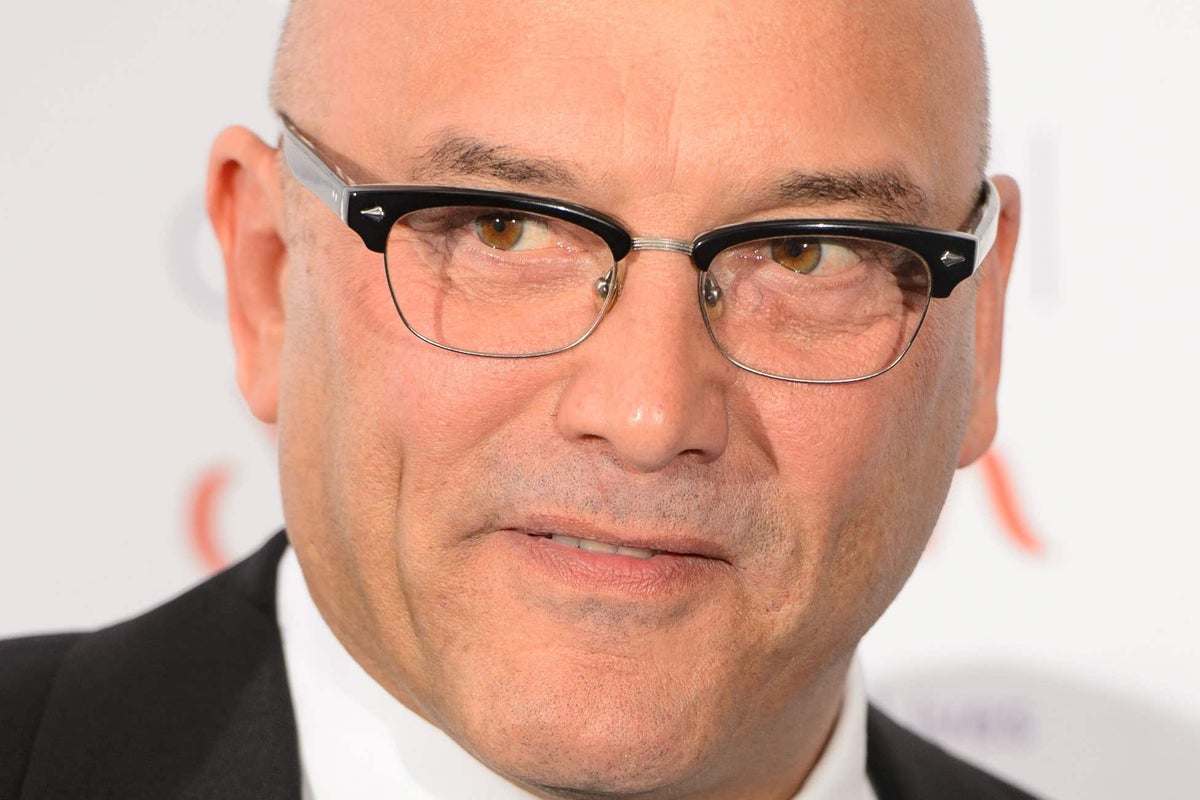ARTICLE AD BOX
It’s 12.03pm. Great, I can eat! I trot off to the kitchen and make myself my first meal of the day: a cheese omelette with a huge Greek salad. I was one of those people who tried Ozempic and then gave it up once I’d lost the weight. My cholesterol levels returned to normal – but then I was left wondering, “What’s next?”
We’ve all heard about the dreaded “Ozempic rebound”, and I didn’t fancy yo-yoing back to an unhealthy weight when stress and anxiety drove me to the fridge. Reports show that nearly one in five who come off the medication will regain all, or even more, of the weight they lost. And that’s why I don’t eat until after midday. Never. I’m used to it; I wake up and feed the dog and the kids their breakfast – but never myself.
Usually I do feel pangs of hunger as 12pm approaches. But I hold off from eating until I make myself a late breakfast, or is it an early lunch? I never know what to call it as my mealtimes are out of sync, and so much so that on a recent trip to Gloucestershire to stay with friends, we didn’t have one meal together. It’s dysfunctional; one mum is on high-dose Ozempic, so she grazed; the other mum was on a seven-day green juice diet. I’m doing “the 16/8”. It’s part of a method called intermittent fasting, where individuals restrict their eating to specific time windows. In my case, I eat within an eight-hour window and fast for the remaining 16 hours (most of it while I’m asleep). For me, this involves abstaining from food after 8pm and eating my next meal around midday the next day.
For people like me, breakfast is a throwaway option in the intermittent fasting craze. But a study by Cambridge scientists has revealed that in fact this is all wrong: we should be front-loading our calories with a big breakfast.
The researchers, who have spent decades researching the lifestyle changes that impact our weight, have found that those who consumed 22 to 50 per cent of their daily calories in the morning had the lowest BMI compared with people who consumed only up to 10 per cent of daily calories first thing. “Breakfast or an early meal gives the body time to metabolise calories more efficiently,” Professor Nick Wareham, the director of the MRC Epidemiology Unit and researcher in the prevention of obesity at the University of Cambridge told The Times. It’s left me confused.
There’s always been such mixed views about eating breakfast; either it’s the most important time to eat entirely or something that can be totally skipped. Over the last 10 years, since Dr Michael Mosley’s The Fast Diet popularised the 5:2 method, where people eat normally for five days and cut calories drastically for two days, intermittent fasting has gained popularity as a weight loss and health strategy. Missing breakfast is the holy grail.

“Eating after 12pm and merely skipping breakfast takes advantage of the prime fat-oxidising state that you’re in during your early waking hours,” the celebrity fitness and nutrition guru Thomas DeLauer tells me. “The moment food enters your system in the morning, the rates of fat burning go down.” He also points out that if you exercise in the morning, you can “capitalise on more fat loss”.
“Of course,” he adds, “the other simple advantage is that you’re eliminating a meal which can dramatically reduce your calorie intake. Just be sure to eat adequate protein during the afternoon to compensate for skipping breakfast.”
Rob Hobson, nutritionist and author of Unprocess Your Life: Break Free from Ultra-Processed Foods for Good, says that whether or not you should eat breakfast really depends on your lifestyle, appetite, and goals. “Some people genuinely aren’t hungry in the morning,” he says. “Or they follow a time-restricted eating pattern that means they skip breakfast. That can work well if the rest of the day is structured around balanced, nutrient-rich meals.”
There’s also strong evidence, he says, to show that skipping breakfast can lead to increased hunger and overeating later in the day, particularly in the evening when your metabolism is naturally winding down. “We also know that insulin sensitivity and blood glucose control are better earlier in the day,” he says, “which suggests that front-loading your energy intake may support better metabolic health.” And it’s not just when you eat but what you eat that matters. “Starting the day with something high in fibre and protein, rather than ultra-processed or sugary options, can have a real impact on your energy, mood, and appetite across the day.”
The neuroscientist Dr Mark Mattson, who has studied intermittent fasting for 25 years at the John Hopkins School of Medicine, tells me that restricted eating over periods of weeks and months results in huge health benefits: loss of abdominal fat; improved glucose regulation; reduced blood pressure; improved blood lipid profile; reduced inflammation; and improved cognition (memory and executive functions).
“Research findings suggest that these effects of intermittent fasting protect against diabetes, cardiovascular disease, stroke, many cancers, and Alzheimer’s disease,” he adds. But skipping breakfast takes getting used to: “It’s important for people who normally eat breakfast to know that it takes several weeks for organ systems, including the brain, to adapt to a no-breakfast eating pattern and for morning hunger and irritability to disappear. After which the brain and body will be at peak performance in the morning hours.”
Studies into cutting out breakfast have always been contradictory, however. Doctors at the First Affiliated Hospital of Xi’an Jiaotong University in China, who studied eating habits over 11 years, found that people who ate after 9am were 28 per cent more likely to have low mood and mental health problems than those eating their first meal of the day before 8am, according to the results published in The Journal of Affective Disorders in 2025. Skipping breakfast altogether was just as damaging to psychological wellbeing, according to the report.
In another study, people who regularly missed breakfast were 21 per cent more likely to experience cardiovascular disease or die from it than people who ate breakfast regularly, according to findings published in 2019 in the Journal of Cardiovascular Development and Disease. Of course, it’s well known that not eating breakfast may lead to overeating later in the day, especially with less healthy foods, which can add to weight gain. However, researchers at King’s College London, who compiled the largest UK community science study of its kind in 2023, revealed that even those who ate within a less restrictive window of 10 hours, rather than eight, or as low as six, had higher energy and mood and decreased hunger levels. Certain studies have also found that some patients with type 2 diabetes were able to reverse their need for insulin therapy.

For me, it’s really not a big deal to miss breakfast – as long as I eat a healthy, balanced diet for the rest of the day. Overeating is part of a wider problem in Western society of consumption and materialism; the constant emphasis on acquiring and consuming goods can lead to a focus on satisfying desires rather than basic needs.
More than 500,000 people in the UK are now on weight loss drugs. Experts predict a potential nationwide decline in obesity rates due to this trend.
I’ve found that the trend of intermittent fasting is not only good discipline, it’s a way to resist the constant pressures of consuming breakfast products. I’ve opted out of breakfast to adopt a more sustainable and mindful eating approach.
Whether I have a longer life, a leaner body, and a clearer mind is yet to be seen. But at least it saves on that extra food prep.









 English (US) ·
English (US) ·